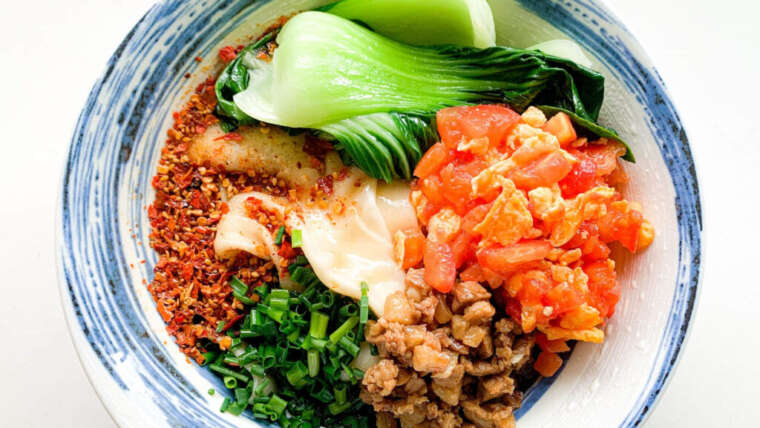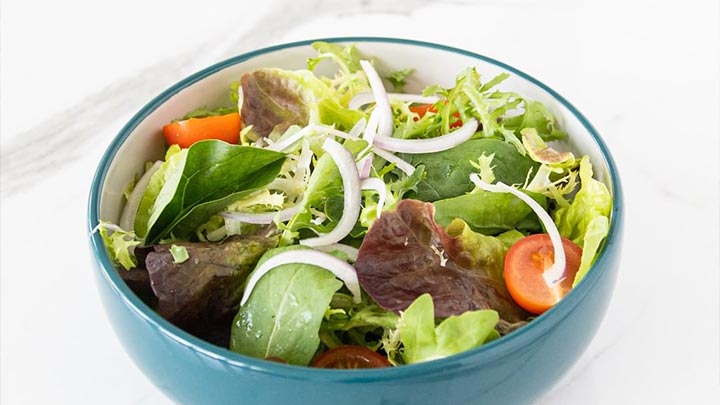The vegan diet is increasingly popular for its health and weight-loss benefits, which come from focusing on whole, nutrient-dense, plant-based foods.
Unlike many restrictive diets, a vegan diet can provide lasting health benefits and sustainable weight loss.
In this guide, we’ll look at how a vegan diet supports weight loss, discuss health benefits, and provide practical tips for a balanced vegan lifestyle.
Benefits of a Vegan Diet for Weight Loss
- Lower in Calories but Nutrient-Dense
Plant foods, particularly fruits, vegetables, whole grains, and legumes, tend to be lower in calories yet packed with fiber and essential nutrients. This makes it easier to feel full on fewer calories, supporting weight loss. - High Fiber for Satiety
Fiber-rich foods help you feel full longer, reducing the temptation to snack between meals. Whole grains, beans, and vegetables are excellent sources of fiber, promoting fullness while aiding digestion and stabilizing blood sugar. - Supports Healthy Metabolism
Certain plant foods, like leafy greens, beans, and nuts, contain essential nutrients that support metabolic health, ensuring your body processes energy efficiently. A vegan diet, when balanced, can optimize metabolism without compromising muscle mass. - Encourages a Balanced Approach to Eating
A well-planned vegan diet encourages mindful eating and reduces the consumption of processed foods, which are often high in added sugars, unhealthy fats, and calories.
Health Benefits Beyond Weight Loss
- Improved Heart Health
Vegan diets are generally low in saturated fat and cholesterol, supporting lower blood pressure and reduced cholesterol levels. Studies show that vegans tend to have lower rates of heart disease. - Reduced Risk of Chronic Illnesses
A diet high in fruits, vegetables, and whole grains can reduce the risk of chronic conditions, including type 2 diabetes and certain cancers. Antioxidant-rich foods protect cells from damage, lowering the risk of these diseases. - Better Digestive Health
The fiber in plant foods supports digestion by aiding regular bowel movements, reducing bloating, and promoting a healthy gut microbiome. - Improved Energy and Mental Clarity
Many people report feeling more energetic and mentally clear after switching to a vegan diet, possibly due to the reduction in processed foods and the anti-inflammatory effects of plant-based eating.
Practical Tips for Weight Loss on a Vegan Diet
- Focus on Whole Foods
Stick to whole, unprocessed foods like fruits, vegetables, legumes, nuts, and seeds. Processed vegan foods can be high in calories, sugar, and unhealthy fats, which can hinder weight loss. - Include Protein with Every Meal
Incorporate plant-based protein sources such as beans, lentils, tofu, tempeh, and quinoa to keep you full and support muscle health. Protein is essential for weight loss, as it helps maintain lean muscle and aids recovery post-exercise. - Watch Portion Sizes of High-Calorie Foods
Nuts, seeds, avocados, and whole grains are nutritious but calorie-dense, so pay attention to portion sizes. Including these foods in moderation can provide essential nutrients without excessive calorie intake. - Limit Added Oils and Sugars
Oils and added sugars can increase calorie intake quickly. Use oils sparingly and opt for whole food fats like avocado and coconut for added flavor. Limit sugary snacks and beverages, which can lead to weight gain over time. - Drink Plenty of Water
Staying hydrated is essential for metabolism, digestion, and overall energy levels. Water can also help you feel full and prevent overeating. - Plan Balanced Meals
For sustainable weight loss, include a balance of carbohydrates, protein, and healthy fats in every meal. A balanced meal helps stabilize blood sugar and keeps energy levels steady throughout the day.
Sample Vegan Meal Plan for Weight Loss
Here’s a sample meal plan that provides all essential nutrients while helping you stay within a healthy calorie range:
Breakfast:
- Smoothie bowl with spinach, banana, berries, chia seeds, and a handful of nuts for protein and healthy fats.
Lunch:
- Mixed green salad with chickpeas, cherry tomatoes, cucumbers, and a tahini-lemon dressing.
Snack:
- Apple slices with almond butter or a handful of almonds for a quick energy boost.
Dinner:
- Stir-fried vegetables with tofu and brown rice, topped with sesame seeds for extra flavor and nutrients.
Dessert (optional):
- Vegan dark chocolate or a small portion of fresh fruit for a natural sweetness.
Potential Challenges and How to Overcome Them
- Cravings for Sweets and Processed Foods:
Swap sugary treats with naturally sweet fruits or date-based snacks. Over time, your palate will adjust, and you’ll likely crave these healthier options. - Getting Enough Protein:
Focus on plant-based protein sources, and consider adding a vegan protein powder to smoothies if you’re active and need extra protein. - Social Situations and Dining Out:
Choose vegan-friendly options when dining out or bring your own dish to social gatherings. Most restaurants offer plant-based options, and it’s becoming easier to enjoy a vegan meal in many places.
Conclusion: Transform Your Health and Weight with a Vegan Lifestyle
A vegan diet offers a holistic path to health and weight loss, with benefits that reach beyond just the physical. By focusing on whole, plant-based foods, you can achieve sustainable weight loss, improved energy, and a reduced risk of chronic disease. With a balanced approach, mindful choices, and proper planning, the vegan lifestyle can be a rewarding journey toward lifelong wellness.

